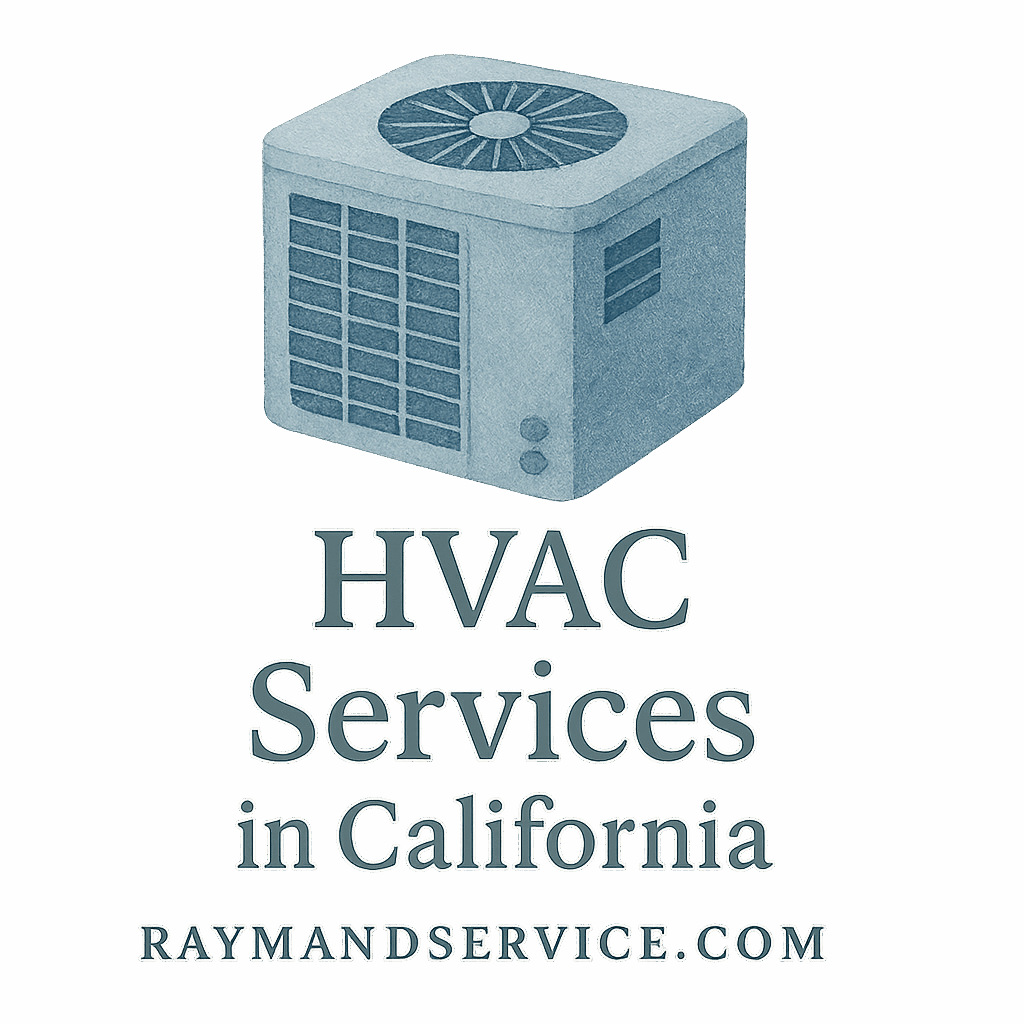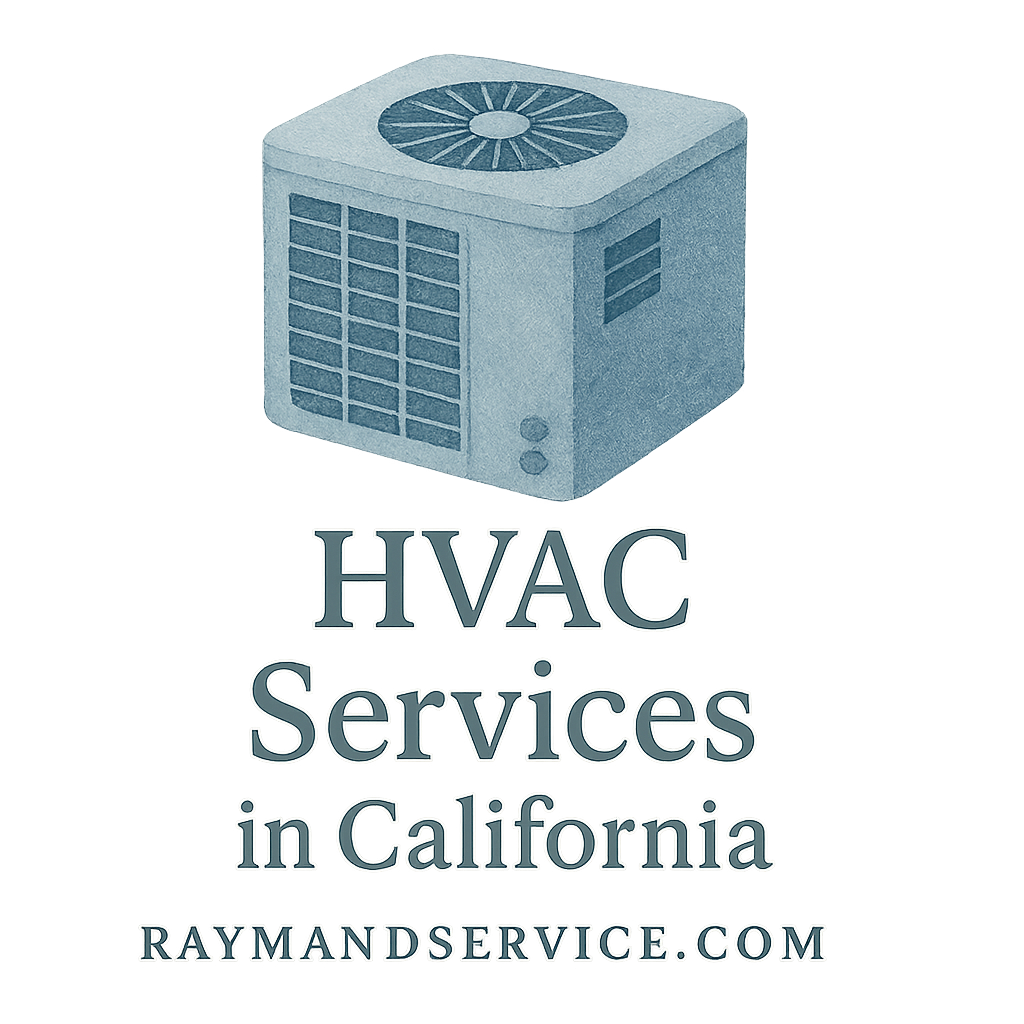Introduction
Let’s face it — no one wants to deal with a broken HVAC system in the middle of a sweltering summer or a freezing winter. But here’s the kicker: most HVAC breakdowns are preventable. With just a bit of care and some smart planning, you can extend your HVAC system’s life and avoid those emergency repair calls that drain your wallet and your patience.
In this guide, I’m going to walk you through six powerful ways to extend your HVAC system’s life with regular services. These tips are simple, practical, and proven. And yes, I’ll sprinkle in some must-know internal links to help you dig deeper!
1. Schedule Regular HVAC Maintenance
Importance of Timely Tune-Ups
Just like your car, your HVAC system needs regular tune-ups to keep running smoothly. Skipping maintenance is like ignoring your check engine light — you’re setting yourself up for disaster.
Routine maintenance ensures that your system runs at peak efficiency. A pro technician will catch minor issues before they become major headaches, helping you avoid system failure and costly repairs.
Components Covered During Service
During a typical HVAC service, here’s what gets checked:
- Thermostat calibration
- Refrigerant levels
- Electrical connections
- Motors and belts
- Condensate drains
- System controls
Want to see how the pros do it? Check out HVAC Maintenance & Troubleshooting — it’s packed with useful tips and service options.
2. Clean or Replace Air Filters Frequently
Why Dirty Filters Hurt System Longevity
Clogged filters are your HVAC system’s worst enemy. They restrict airflow, force the system to work harder, and lead to overheating or freezing. That extra strain? It kills your system faster.
Best Practices for Filter Replacement
To extend your HVAC system’s life, replace filters:
- Every 1-3 months (depending on use and filter type)
- More frequently if you have pets or allergies
- Immediately if airflow feels weak
Still unsure? Here’s a great resource to learn more about airflow and how it impacts performance.
3. Invest in Seasonal HVAC Services
Adapting to California’s Climate
If you’re in California, your HVAC system is doing double duty thanks to our wild weather swings. Seasonal servicing preps your system for the highs and lows of each season.
Spring and Fall Check-Ups
The best times for tune-ups? Spring (before summer hits) and fall (before the cold creeps in). That way, your HVAC is in top shape when you need it most.
Explore Seasonal HVAC Services in CA to stay one step ahead of the weather curve.

4. Upgrade for Energy Efficiency
When Is It Time to Upgrade?
If your system is over 10-15 years old, constantly needs repairs, or makes weird noises—yeah, it might be time to move on. Today’s energy-efficient models are smarter, stronger, and longer-lasting.
Benefits of an Energy-Efficient System
- Reduced energy bills
- Lower carbon footprint
- Fewer repairs over time
- Extended system life
Find out how Energy Efficiency Upgrades can make your HVAC a lean, green comfort machine.
5. Keep Ductwork Clean and Sealed
Leaky Ducts Drain Life from Your System
Imagine trying to fill a balloon with holes in it. That’s what your HVAC system faces with leaky ducts—wasted energy, uneven temps, and a stressed-out unit.
DIY vs. Professional Duct Maintenance
While you can check vents for blockages, deep duct cleaning and sealing should be handled by a pro. It’s a small investment that pays off big in system longevity.
Don’t miss the helpful resources on the Efficiency tag — it covers this in detail.
6. Don’t Ignore Small Problems
Catching Issues Early Saves the System
Hear a rattle? Notice a weird smell? Feel like your system’s running longer than usual? Don’t wait. These are your system’s cries for help.
The Hidden Cost of Waiting Too Long
What starts as a $50 part can turn into a $500 repair if left unchecked. The longer you wait, the more damage is done, and the shorter your system’s life gets.
Trust the experts at HVAC Maintenance & Troubleshooting to tackle small issues before they explode.
Bonus Tip: Use a Smart Thermostat
Optimize Comfort and Control
Smart thermostats don’t just look cool. They learn your habits and adjust settings to save energy while keeping you cozy.
Reducing Wear and Tear with Smart Settings
By reducing constant cycling, a smart thermostat helps to extend your HVAC system’s life naturally. It’s like having a tiny HVAC genius managing everything for you.
Start exploring comfort-enhancing solutions via the Comfort tag.
The Role of Professional HVAC Services
Residential vs. Commercial Needs
Whether you’re a homeowner or run a business, your HVAC needs vary. A good service provider tailors solutions to fit your space, system, and budget.
For home-related support, check out Residential HVAC Services. Running a business? Commercial HVAC Services has you covered.
Sustainability and Long-Term HVAC Health
Eco-Friendly Practices for a Longer-Lasting System
Want to be kind to the planet while protecting your system? Using green refrigerants, optimizing energy usage, and recycling old parts helps your HVAC and the earth.
Get inspired by the Eco-Friendly, Green, and Sustainability tags for more ideas.
Conclusion
Keeping your HVAC in top shape isn’t rocket science—it’s regular care, smart upgrades, and catching problems early. When you follow these six simple ways to extend your HVAC system’s life, you save money, stress, and extend your system’s lifespan.
So, whether it’s swapping out that clogged filter, booking your next seasonal tune-up, or investing in energy upgrades—every small step adds years to your HVAC’s life. Need help? Raymand Service is here to make HVAC easy.
FAQs
1. How often should I schedule HVAC maintenance?
At least twice a year—once in the spring and again in the fall. More often if your system is older or heavily used.
2. Can dirty air filters really shorten my HVAC’s lifespan?
Absolutely! Dirty filters restrict airflow, forcing your system to work harder and wear out faster.
3. What are the signs my HVAC system needs servicing?
Strange noises, weak airflow, bad odors, or sudden spikes in energy bills are all warning signs.
4. Are smart thermostats worth the investment?
Yes! They help optimize energy use and reduce wear on your HVAC system, effectively helping extend its life.
5. How do seasonal HVAC services differ from regular maintenance?
Seasonal services focus on preparing your system for extreme weather, ensuring it performs efficiently during high-demand seasons.
6. What’s the lifespan of an average HVAC system?
With proper care, 15–20 years. Without it? You might be replacing yours in under 10.
7. Where can I find eco-friendly HVAC options?
Check out the Eco-Friendly and Green tags on Raymand Service’s site for sustainable solutions.


